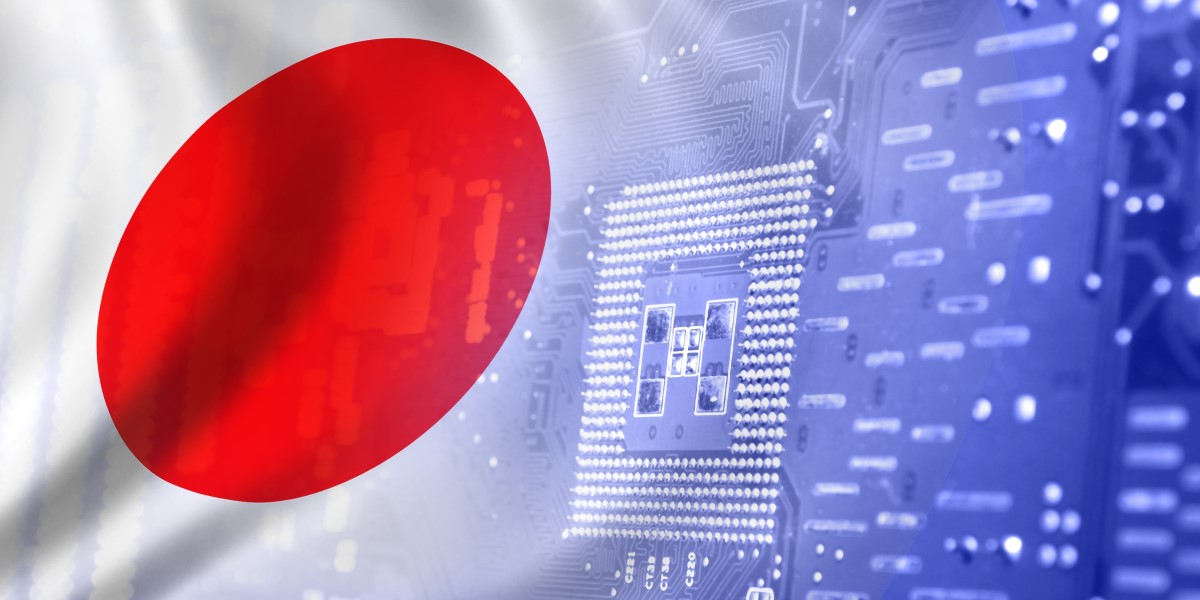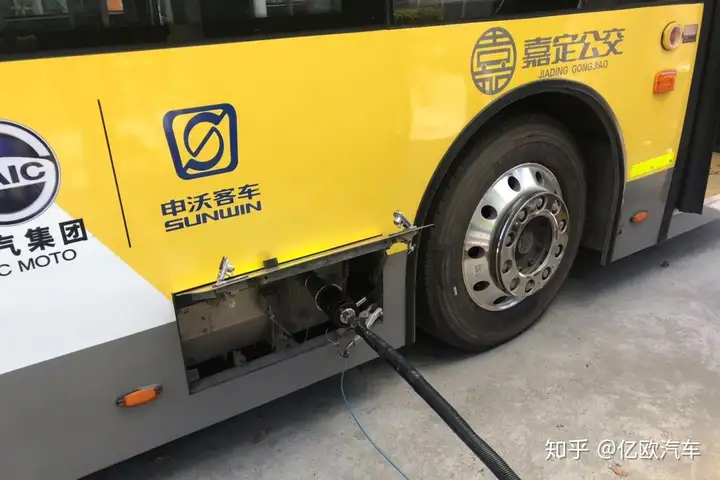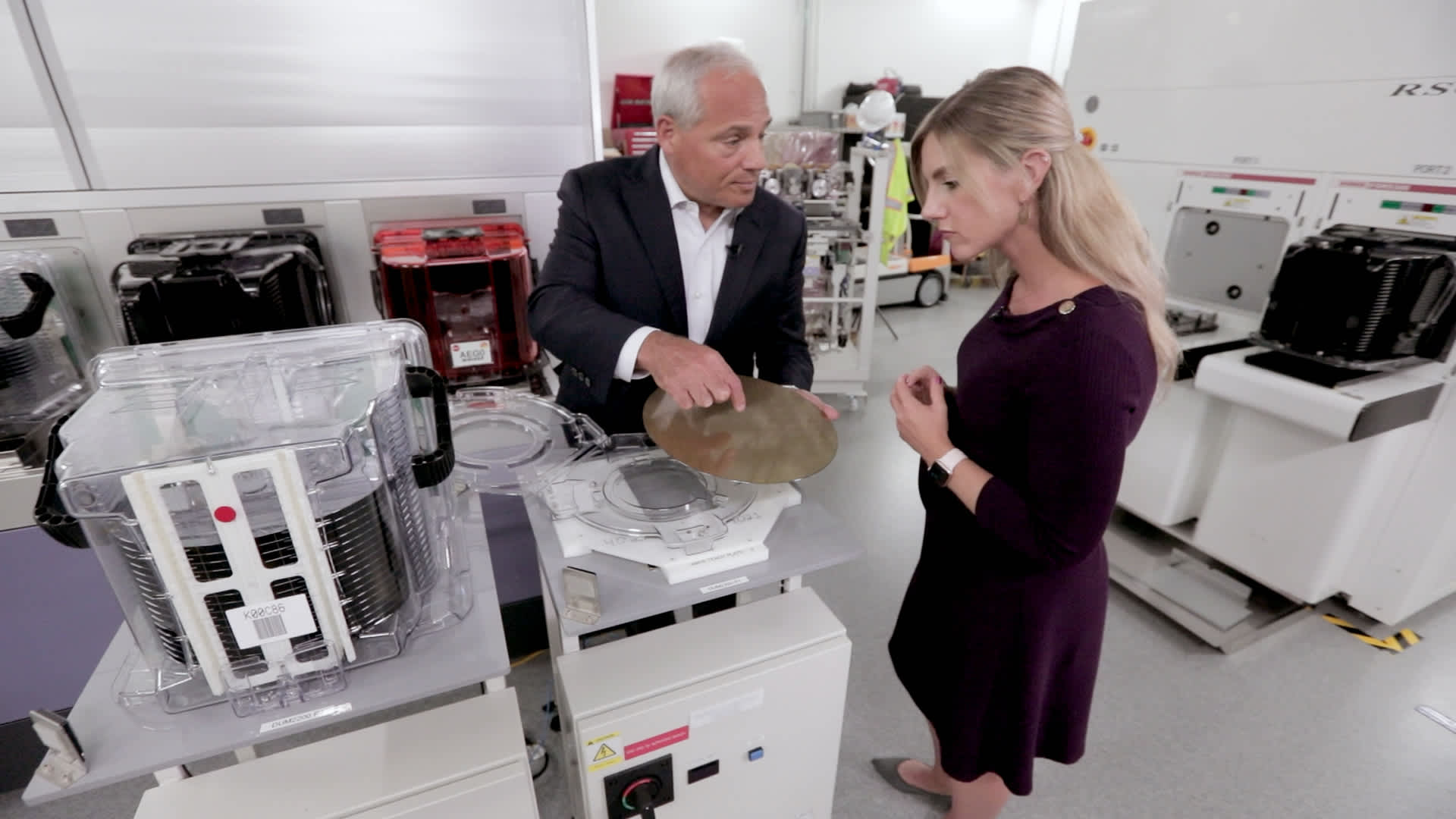Hamartia Antidote
ELITE MEMBER

- Joined
- Nov 17, 2013
- Messages
- 35,188
- Reaction score
- 30
- Country
- Location
Looks like Japan wants to be the next Taiwan...

 www.theregister.com
www.theregister.com
Japan will join the ranks of nations betting on silicon-fuelled growth after prime minister Fumio Kishida yesterday instructed his cabinet to put together an economic stimulus package that includes tax breaks for capital investment and R&D related to semiconductors.
The PM's Monday pitch included labor market reforms, further digital transformation, environmental reforms, and overall growth of Japan's industrial capacity through investment promotion and backing startups. The plan was developed in response to tepid growth.
Kishida rated semiconductors as a strategic investment for their potential to bring growth to rural areas, and to boost wages.
The Japanese government has previously sought to boost domestic chip production, which currently centers around the supply of manufacturing equipment – including deep ultraviolet lithography (DUV) machines.
In May, the PM signed the Hiroshima Accord – an agreement with the UK to cooperate on semiconductors. Japan previously agreed to back US chip sanctions.
The country managed to draw in investments last May from Micron Technology, Kyocera and reportedly Samsung, which collectively pledged billions to build and expand chip plants. Meanwhile, IBM agreed to allow Japanese government-backed chipmaker Rapidus Corporation commercialize its 2nm process technology for mass production.
With or without the future stimulus, Japan appears set to score one major silicon investment: multiple reports suggest Mitsubishi Chemical Group plans to build and operate a chipmaking materials plant in the nation by March 2025.
Although the manufacturing giant has not confirmed details, Fukuoka Prefecture is rumored to be the preferred location for the estimated $6.7 million photoresist polymer plant.
However, when The Register approached Mitsubishi Chemical a spokesman told us this was "speculation and is not based on any institutional decision by us."
Mitsubishi Chemical already has another photoresist plant in Yokohama, which singlehandedly has supplied around 90 percent of the global photoresist market, according to Nikkei Asia. ®

 www.theregister.com
www.theregister.com
Japan hints it will join the tax-breaks-for-chipmakers club
Digital transformation and startups at center of stimulus package
Japan will join the ranks of nations betting on silicon-fuelled growth after prime minister Fumio Kishida yesterday instructed his cabinet to put together an economic stimulus package that includes tax breaks for capital investment and R&D related to semiconductors.
The PM's Monday pitch included labor market reforms, further digital transformation, environmental reforms, and overall growth of Japan's industrial capacity through investment promotion and backing startups. The plan was developed in response to tepid growth.
Kishida rated semiconductors as a strategic investment for their potential to bring growth to rural areas, and to boost wages.
The Japanese government has previously sought to boost domestic chip production, which currently centers around the supply of manufacturing equipment – including deep ultraviolet lithography (DUV) machines.
In May, the PM signed the Hiroshima Accord – an agreement with the UK to cooperate on semiconductors. Japan previously agreed to back US chip sanctions.
The country managed to draw in investments last May from Micron Technology, Kyocera and reportedly Samsung, which collectively pledged billions to build and expand chip plants. Meanwhile, IBM agreed to allow Japanese government-backed chipmaker Rapidus Corporation commercialize its 2nm process technology for mass production.
With or without the future stimulus, Japan appears set to score one major silicon investment: multiple reports suggest Mitsubishi Chemical Group plans to build and operate a chipmaking materials plant in the nation by March 2025.
Although the manufacturing giant has not confirmed details, Fukuoka Prefecture is rumored to be the preferred location for the estimated $6.7 million photoresist polymer plant.
However, when The Register approached Mitsubishi Chemical a spokesman told us this was "speculation and is not based on any institutional decision by us."
Mitsubishi Chemical already has another photoresist plant in Yokohama, which singlehandedly has supplied around 90 percent of the global photoresist market, according to Nikkei Asia. ®

Rapidus ramps as construction begins on 2nm wafer fab
Japanese foundry startup also shipping engineers off to US to study IBM chip tech
Rapidus ramps as construction begins on 2nm wafer fab
Rapidus has reportedly received 370 billion yen ($2.5 billion) in government subsidies, and has solicited the help of IBM to produce chips on its 2nm gate-all-around transistor tech, which it demoed in early 2021.







